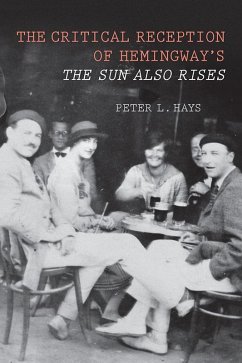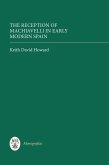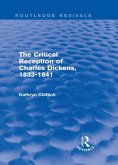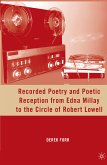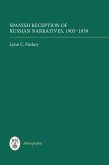Comprehensive survey and analysis of the scholarship and criticism on perhaps the greatest American writer.
Although some of Henry James's contemporary critics deemed him just short of a great writer, history has elevated him to indisputable preeminence in the American canon. Linda Simon chronicles and analyzes James criticism beginningwith contemporary newspaper and magazine reviews and ending with current academic criticism. The story begins in the 1870s, when critics saw James's works as mirrors of American identity and sought to establish him in the nation's evolving canon. James himself worked to secure that place with his prefaces to the standard edition of his works; Simon analyzes criticism about those prefaces. She also shows how James's reputation became contested after his death: praised by some critics for psychological insight and stylistic innovation, he was dismissed by others as socially and politically irrelevant. But beginning in the 1940s, such critics as Trilling, Rahv, Leavis, and, most influentially, Leon Edel secured James's place at the forefront of the American canon. More recently, James scholarship has focused on sexuality and gender, race and morality, and the nature of consciousness; critical trends Simon also considers. This book, the only comprehensive overview of James criticism over the past 140 years, helps readers understand the paths that that criticism has taken and how scholars and critics have built upon past work.
Linda Simon is Professor Emerita of English at Skidmore College and Editor-in-Chief of William James Studies. Her books include Genuine Reality: A Life of William James, which was a New York Times Notable Book of 1998.
Although some of Henry James's contemporary critics deemed him just short of a great writer, history has elevated him to indisputable preeminence in the American canon. Linda Simon chronicles and analyzes James criticism beginningwith contemporary newspaper and magazine reviews and ending with current academic criticism. The story begins in the 1870s, when critics saw James's works as mirrors of American identity and sought to establish him in the nation's evolving canon. James himself worked to secure that place with his prefaces to the standard edition of his works; Simon analyzes criticism about those prefaces. She also shows how James's reputation became contested after his death: praised by some critics for psychological insight and stylistic innovation, he was dismissed by others as socially and politically irrelevant. But beginning in the 1940s, such critics as Trilling, Rahv, Leavis, and, most influentially, Leon Edel secured James's place at the forefront of the American canon. More recently, James scholarship has focused on sexuality and gender, race and morality, and the nature of consciousness; critical trends Simon also considers. This book, the only comprehensive overview of James criticism over the past 140 years, helps readers understand the paths that that criticism has taken and how scholars and critics have built upon past work.
Linda Simon is Professor Emerita of English at Skidmore College and Editor-in-Chief of William James Studies. Her books include Genuine Reality: A Life of William James, which was a New York Times Notable Book of 1998.
Dieser Download kann aus rechtlichen Gründen nur mit Rechnungsadresse in A, D ausgeliefert werden.



